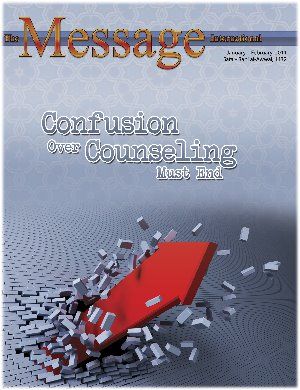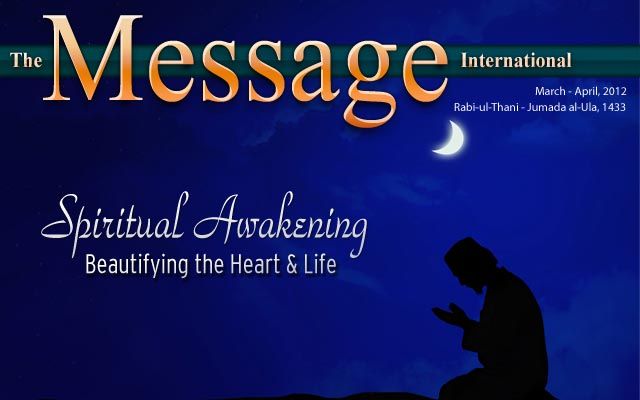Why is this degeneration? Some suggest that it is caused by the forces of the dominant cultural pattern. To quote a community leader: “The forces of the media; the presence of guns, alcohol, and drugs; the proliferation of adultery and fornication; and, the atmosphere of a society lacking guidance all contribute to the challenges faced by our communities”. While there may be some truth in this observation, such an outlook, however, can’t help us pinpoint the areas where we can bring about changes or intervene effectively. Therefore, more prudent approach would be to explore our state of affairs from an introspective and self-empowering viewpoint.

To be honest, almost all Muslims in North America are going through some sort of transition. Those who are new converts (revert) to Islam have to navigate the transition from their old family, culture, friends, etc. to an entirely new ideological and cultural milieu. On the other hand, the immigrants transit from a stable extended-family environment to single unit families, whilst the second generation adults face transition from their parents’ cultures to still emerging ‘Muslim American culture’. Like any transition, these transitions are bringing stresses to Muslim family lives.
Yet, it won’t be untrue or overstating the case that Muslim families are at a higher risk for several other reasons and one of them is that a majority of the America Muslim community is yet to understand and appreciate the need and value of professional (Islamic) family counseling, let alone take the advantage of this highly effective tool. As Leslie Schaffer and Kamal Sharaawy have rightly pointed out, “In the eyes of the Muslim community, counseling is still a stigma. They think that seeking counseling is something to be ashamed of, like it would tarnish their reputation and stereotype them as mentally ill or personally dysfunctional/deficient or Islamically weak. In addition, Muslims traditionally have been discouraged from disclosing personal or family difficulties to anyone outside the family. Feeling that counseling is a violation of family confidentiality contributes to seeing it as a stigma”.
The truth, however, is that “counseling is an important conduit for personal development”. Islam not only teaches us to give good advice to others, and to offer guidance and support when needed, we are also encouraged to seek counsel from others. However, when it comes to family counseling, in many cases, friends, family, and Islamic leaders may be good listeners or well wishers, but they are not necessarily trained to offer appropriate counseling and support. Therefore, we shouldn’t hesitate to seek professional advice and support if we feel that we can’t cope.
Given the turbulent currents raging against family stability, and due to human nature which is ever vulnerable, there will always be problems and challenges. The key is to recognize the challenge – sit together (or alone) and develop a plan to work on it. And when we can’t make progress, we should seek help – there is no need or reason to feel shy or ashamed. For, if the situation gets worse, a lot would be at stake. More importantly, facing and addressing a problem is always better sooner than later. “If one delays to consult beyond a threshold, it is very difficult to back track”. Let’s remember this!




